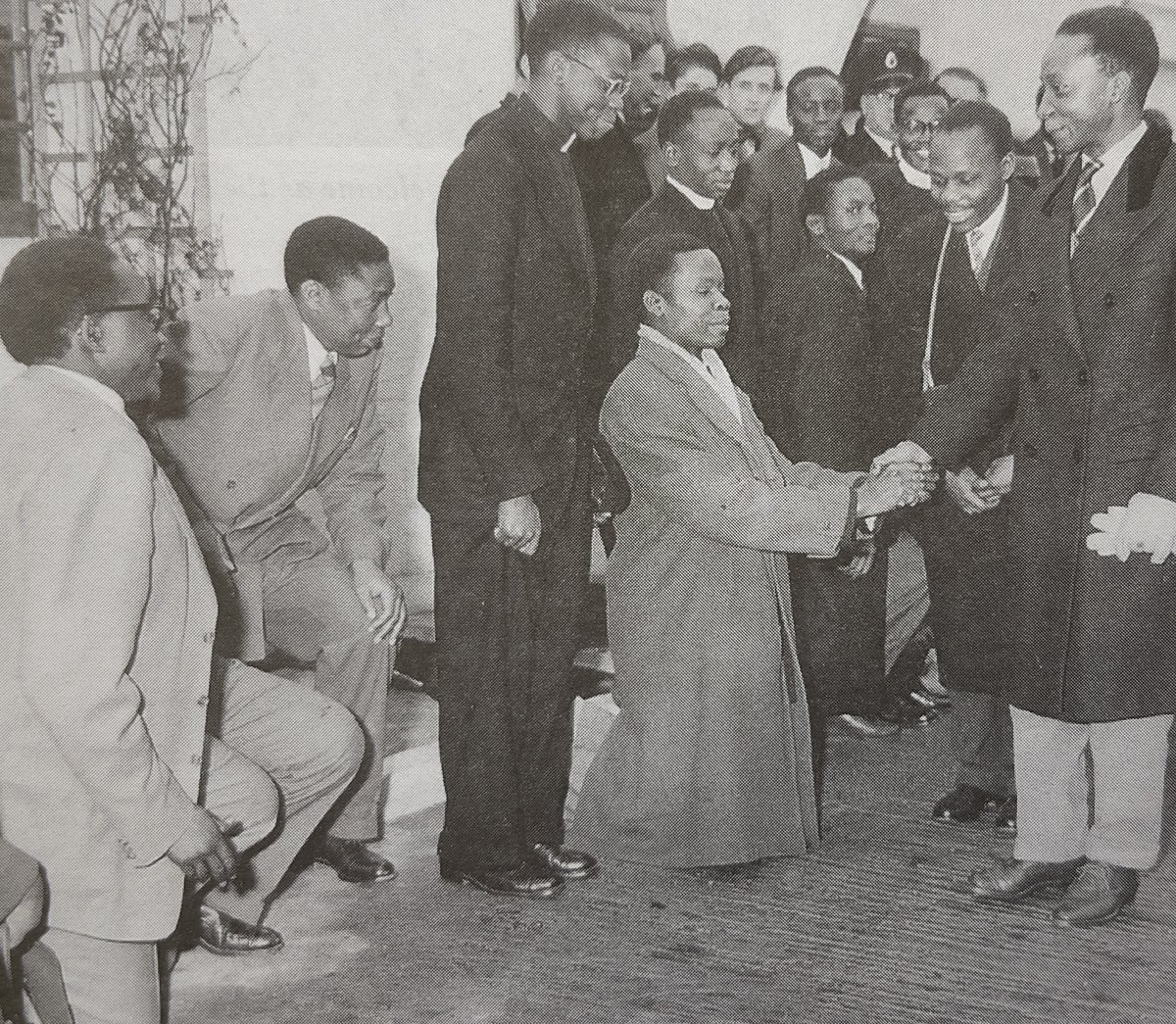
I've been thinking lately about the ways in which Kentucky's past intersects w/ African politics. One example in the nineteenth century includes the invention of "Kentucky in Africa," what is now Montserrado County, Liberia. 1/9 

Kentucky diplomats, notably the statesman and slaver Henry Clay, were at the forefront of creating the American Colonization Society. The KY chapter of the ACS was established in the 1820s, after which they purchased 40-square miles in Liberia, renamed "Kentucky in Africa." 2/9
The area was soon populated by freeborn Kentuckians and enslaved Africans from throughout the Caribbean world. Enslaved Kentuckians were granted emancipation contingent upon relocating to Liberia. 3/9
The township of Clay-Ashland, Liberia, named after the Henry Clay Estate, still exists by this name. By the end of the nineteenth century, two Kentuckians had served as presidents of Liberia: 4/9
Alfred Francis Russell, 10th President of Liberia (in office 1883 to 1884), was emancipated in Lexington in 1833 (image from Library of Congress). 5/9 

William D. Coleman, 13th President of Liberia (in office 1896 to 1900), was also born in Fayette County (image from Wellesley College Library). 6/9 

You can read more about the American Colonization Society here: 7/9 loc.gov/exhibits/afric…
.@upennlib maintains a list of books by ACS: 8/9 onlinebooks.library.upenn.edu/webbin/book//l…
And @KyHistSoc offers a number of important maps and resources on KY's and Liberia's intertangled past, including the opening map in this thread. kyhistory.com 9/9
• • •
Missing some Tweet in this thread? You can try to
force a refresh










